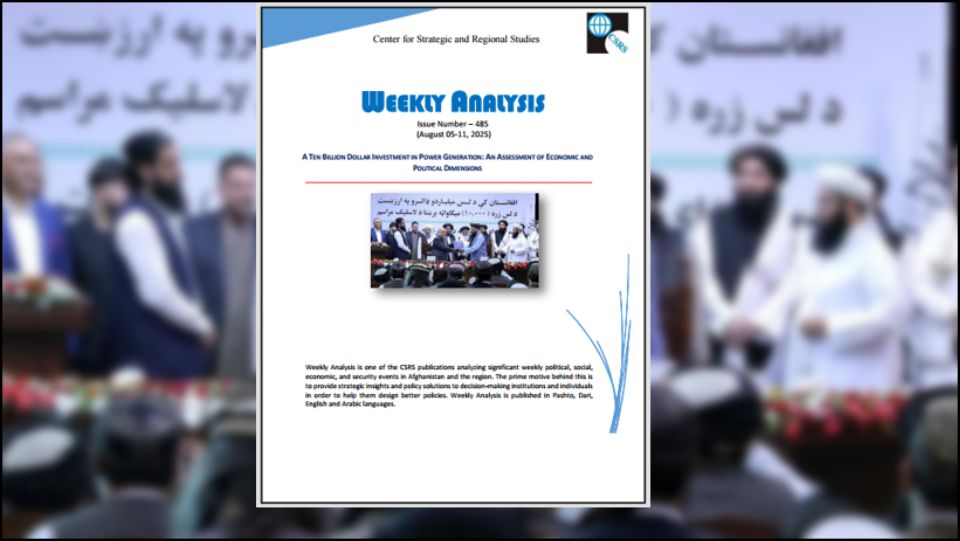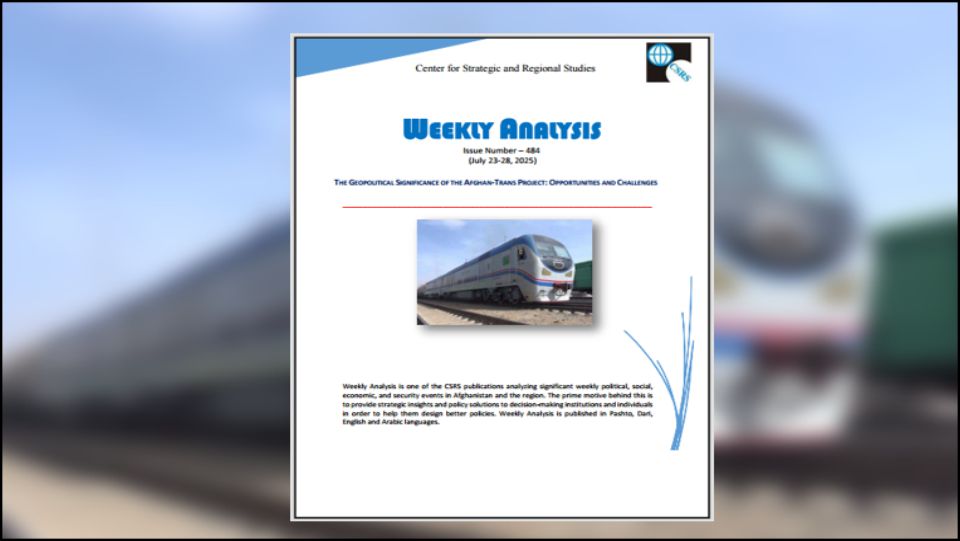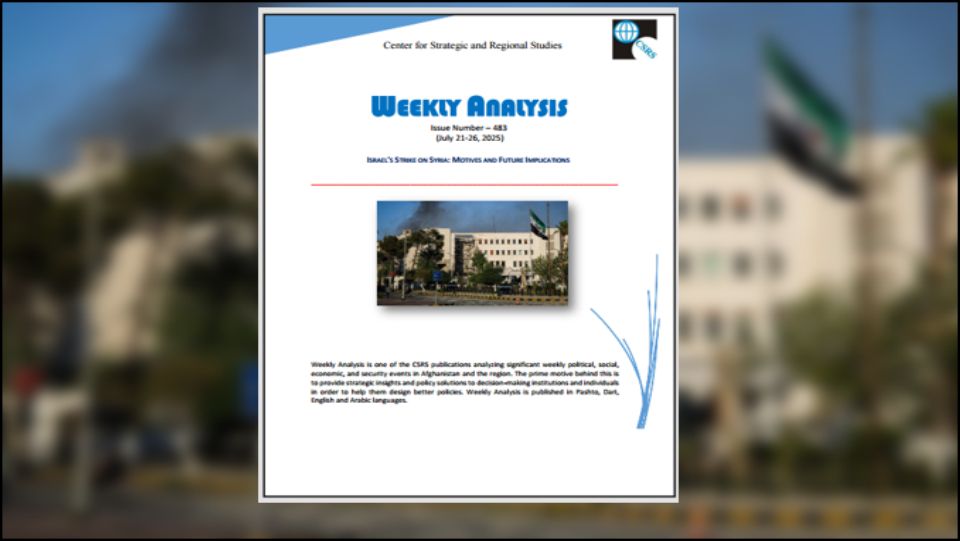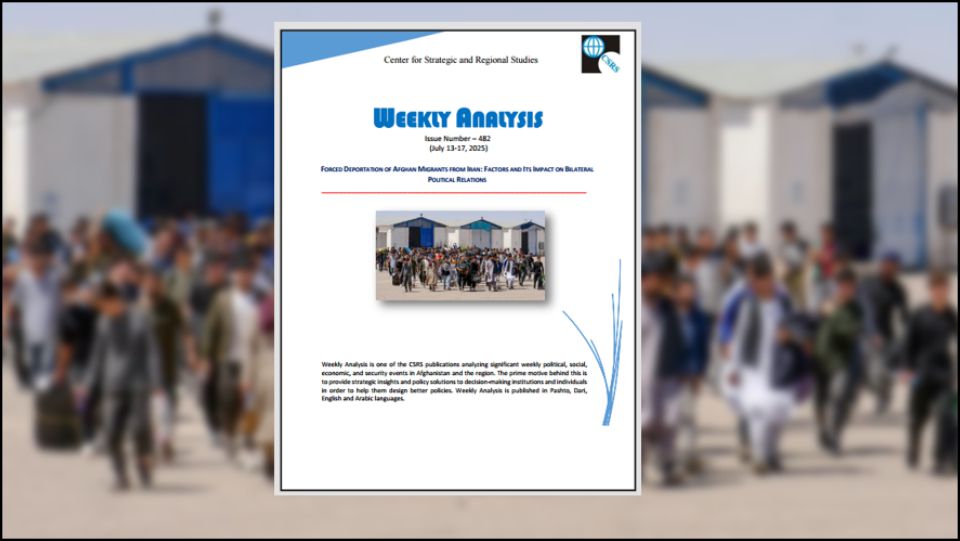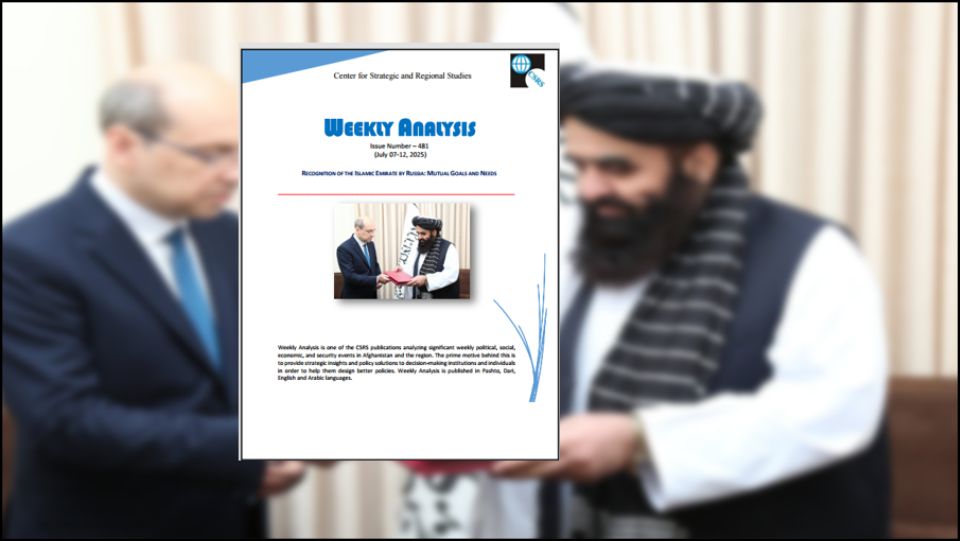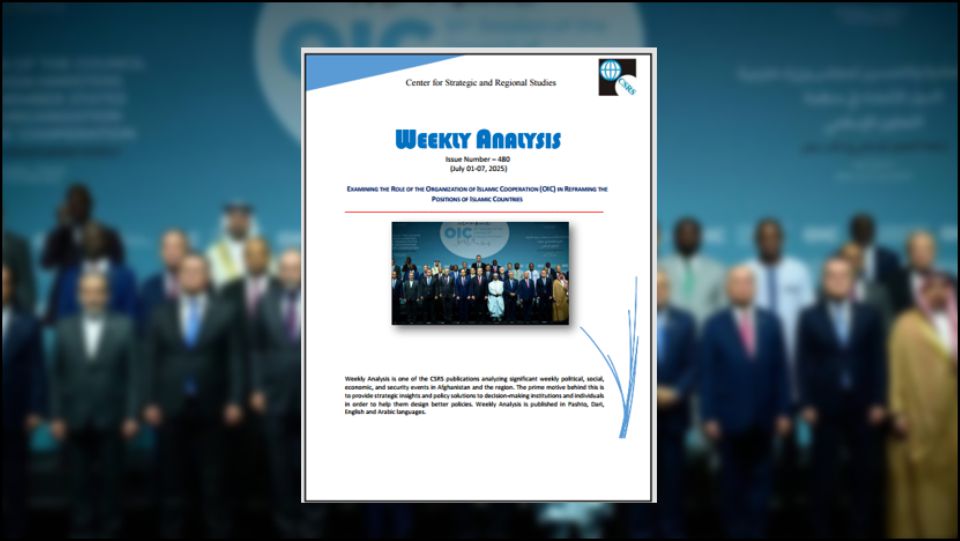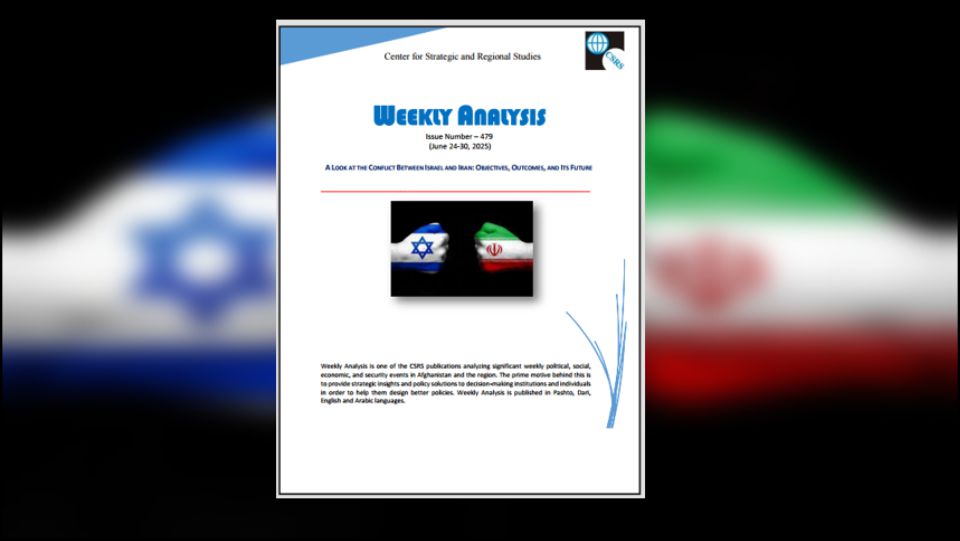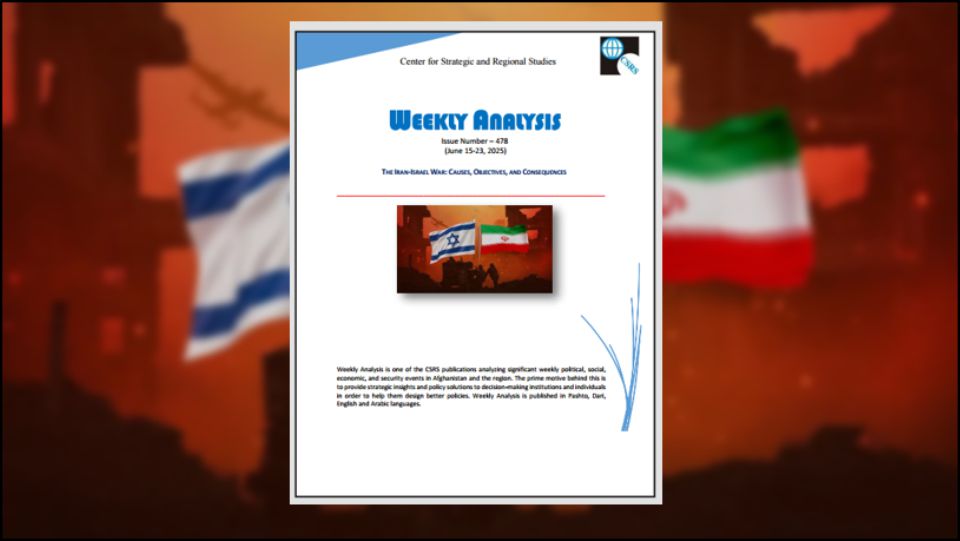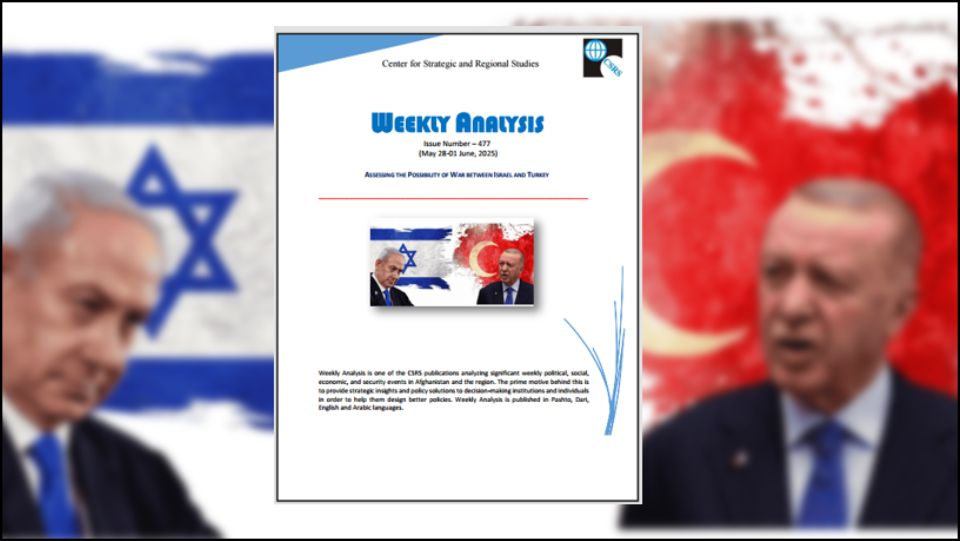A Ten Billion Dollar Investment in Power Generation: An Assessment of Economic and Political Dimensions
The Azizi Energy private sector project represents a major achievement for the Islamic Emirate in Afghanistan’s energy sector. Its implementation will address the country’s chronic electricity shortages—both for industrial use and public consumption.

